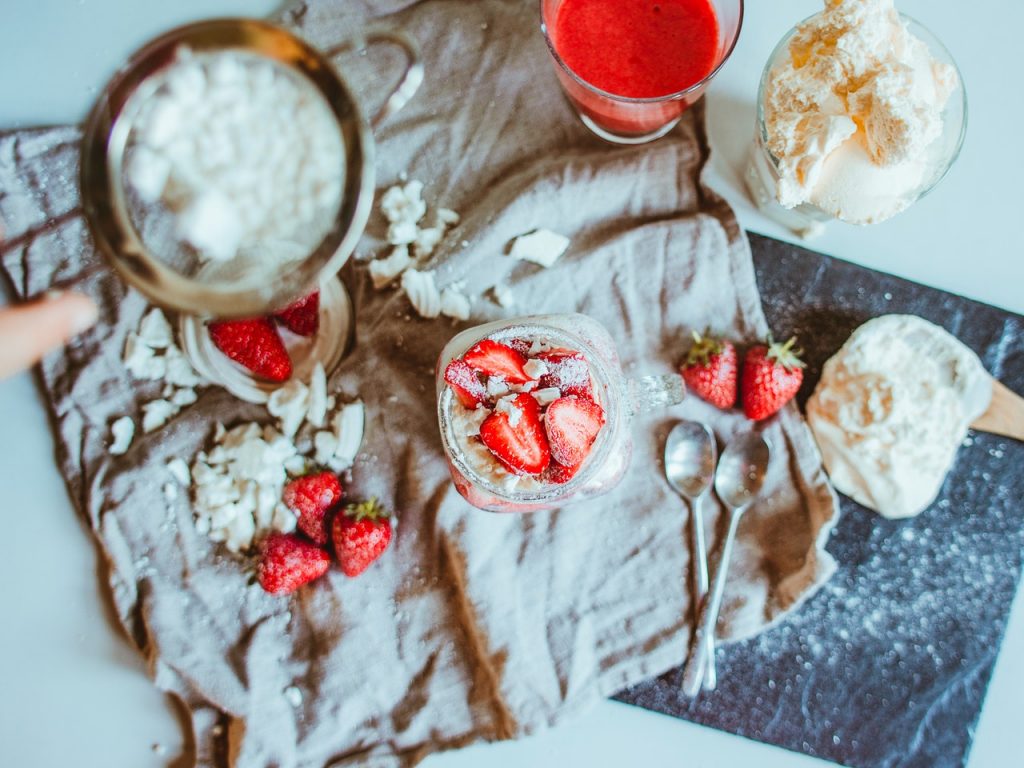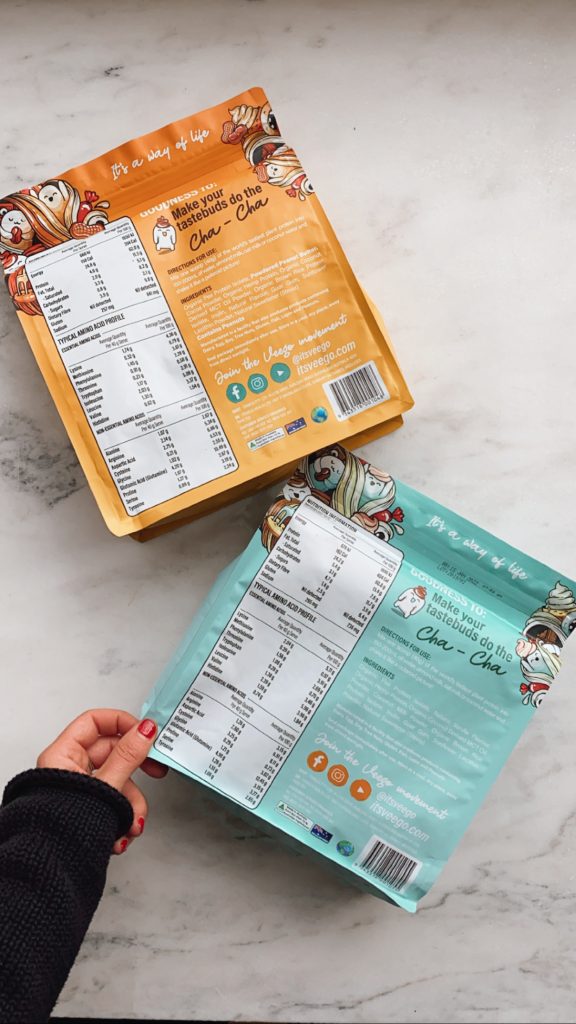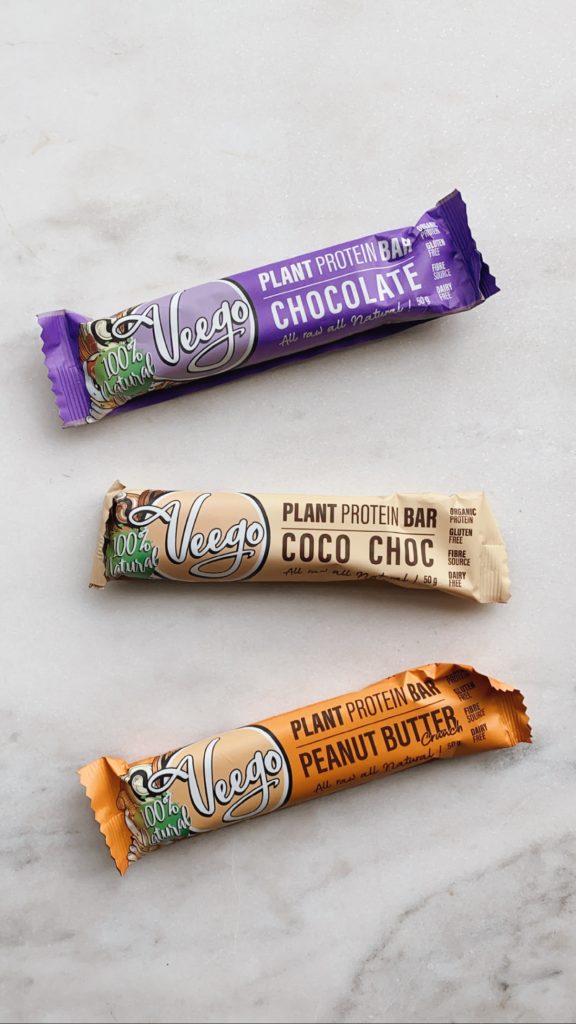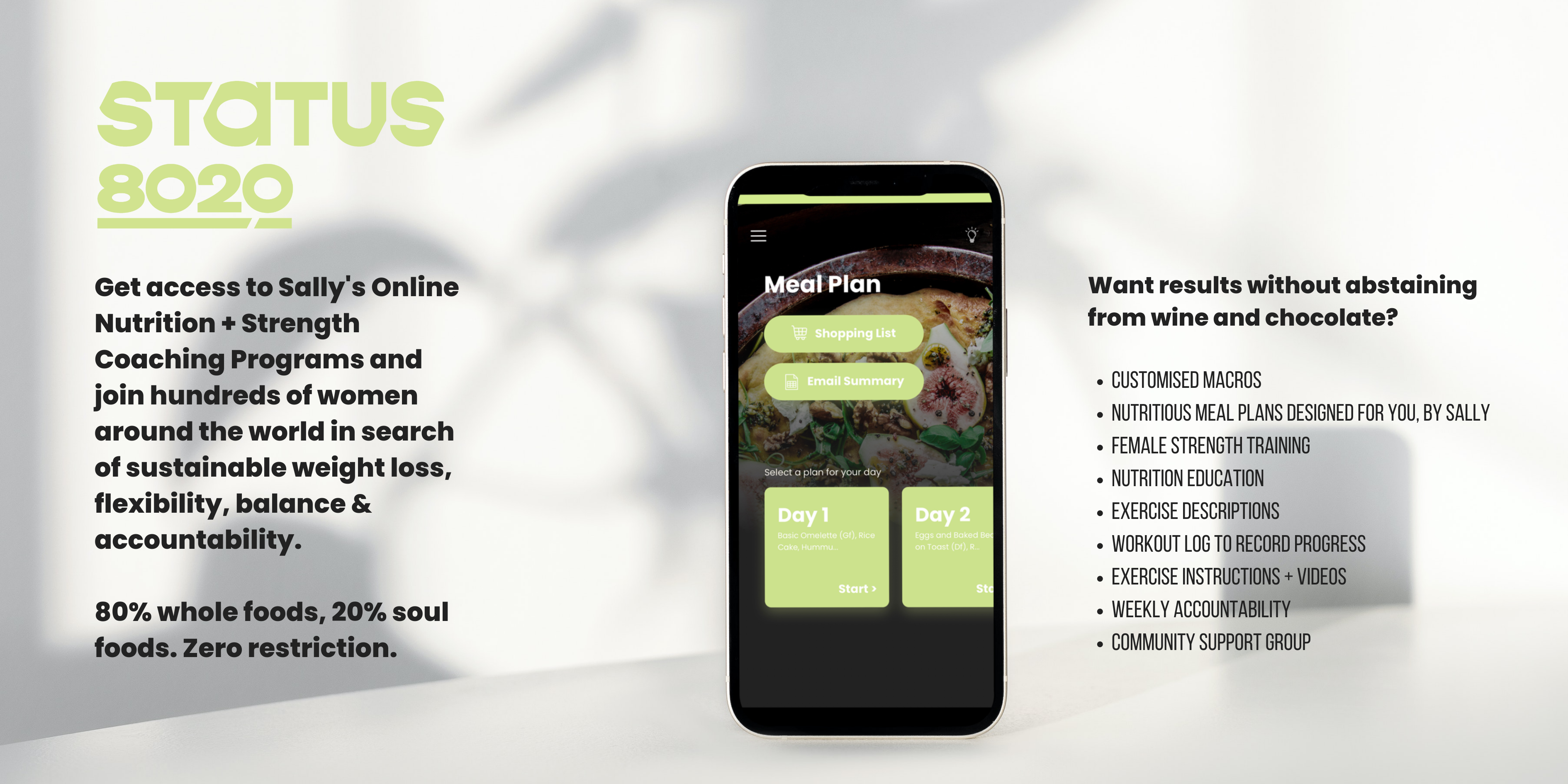Protein is a vital part of any healthy, balanced diet. It holds particular value if you’re trying to build muscle or get lean because protein takes more energy (aka calories) to break down, comparative to fats and carbs. This is called the thermogenic effect of food - and why you’ll hear people say ‘a calorie is not a calorie’, partly because the net energy provided is less than reported on the nutrition panel.
You don’t have to get all your protein from animal and dairy products. They are arguably the best sources of high-quality complete proteins available to us, but if you follow a more plant-based or vegan diet, you can supplement to ensure you getting all the essential amino acids.

SO HOW DOES PROTEIN WORK?
Protein is broken down in the body into things called amino acids. There are 20 in total (that we know of). Nine of them are essential (meaning we have to ingest them because the body is unable to produce them).
Most plant proteins are classified as ‘incomplete’ because they don’t contain all the essential amino acids that the body needs (I'm looking at you, hemp and rice. They’re also gritty AF on their own).
With so many plant proteins to choose from like pea, soy, hemp and rice - what's the best for your bod? They’re not all equally beneficial. Here’s what to look for in a plant protein next time you purchase:
1. High protein per serve
Many plant proteins have a lower volume of protein per serve. On the nutrition panel, look for the amount of protein per 100g to make comparison easier between brands.
Don’t purchase anything that has less than 55g protein per 100g (or no less than 20g per serve).

2. Pick a COMPLETE PROTEIN
As most plant proteins are 'incomplete' (aka. do not contain a full amino acid profile to for your body to build protein eg, oats, beans and walnuts), you CAN combine 'complementary proteins' together, but it requires you to know which amino acids are in which foods. Alternatively, you can look for a plant-based protein that mixes different sources of protein, to ensure the amino acid profile is complete. That to me seems a whole lot easier!
Look for plant-based proteins that specify 'complete protein' on the packaging, or ask the company directly if it's not clear.
3. ZERO sugar and / or sugar alcohols
Look for protein powders that contain plant-based natural sweeteners such as stevia or monk fruit.
On the ingredients label, anything ending in ‘ose’ is probably a sugar eg. sucrose, glucose, sucralose, dextrose. Dextrin and maltodextrins are sweeteners made from starch - so skip those if you're looking to lean up.
Sugar alcohols are synthetic / low-calorie sweeteners that can cause digestive upset, bloating and gas, so look to avoid these guys (usually ending in ‘-ol’) :
xylitol, maltitol, mannitol, erythritol, sorbitol.

4. No vegetable oils or creamers
You don't need to add fat into protein powders. Fat can slow down the quick shuttle of protein into the muscles, which is not what you're after. It's also added calories.
5. No dairy or egg ingredients
This might seem obvious... but if you're searching for vegan or plant-based protein, hidden dairy, eggs and yoghurt is off the list. Skip anything that includes whey, egg white, albumin, yoghurt powder, or casein on the ingredients list, even if it's advertised as lactose-free. You might even find powdered honey which may be considered plant-based but not vegan.
My top pick:
If you’re looking for a clean, quality, great-tasting protein, VEEGO plant protein is one of my faves. Their Chocolate Peanut Butter one is EPIC on both flavour and nutrition profile. It’s made with proper peanut butter and cocoa powder (rather than flavours, like many others), and sweetened with stevia. Not only does it have 24.8g of protein per serve, but a full amino acid profile made from a clever mix of plant, hemp and rice proteins.
They also make delicious protein bars, if you prefer to chew your protein on-the-go!

This post is sponsored by VEEGO protein. All opinions are my own and I only promote products I know, like and trust. Thank you for supporting the sponsors that make The Fit Foodie Blog possible.

